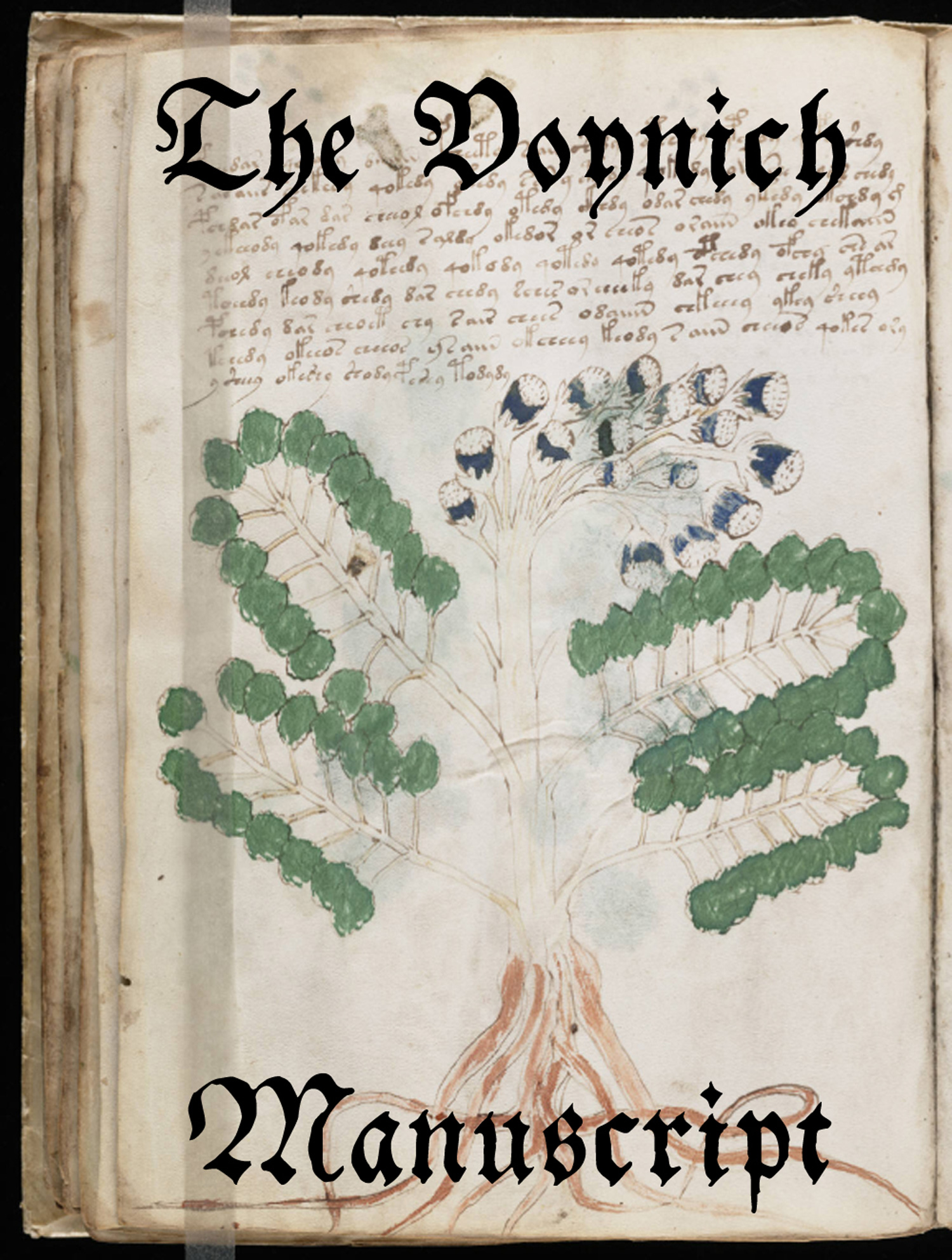

The new study in Plos One by theoretical physicist Marcelo Montemurro and Argentina's Damian Zanette brings more computerized statistical analysis techniques to bear on the text. The book has drawings of unfamiliar plants.

With its bizarre word repetitions, it has been variously judged to be forgery, a constructed nonsense language, or an encrypted book of knowledge that is meaningful in some European tongue. In 1969, it was donated to Yale University's Beinecke Rare Book and Manuscript Library and cataloged as a "Cipher Manuscript." No one, not even wartime code breakers, has been able to tease any meaning out of its strange "Voynichese" writing, and no other example of this writing has ever been discovered. While it looks like a typical medieval codex, it's illustrated with pictures of herb and plant species, none of which can be positively identified, as well as bizarre pipe-like structures, cosmic maps or diagrams, astrological imagery, and naked bathing women. Cryptography scientists win 2012 Turing Award.

Google chosen to digitize Dead Sea Scrolls.View a 2,000-year-old scroll of the Ten Commandments online.


 0 kommentar(er)
0 kommentar(er)
